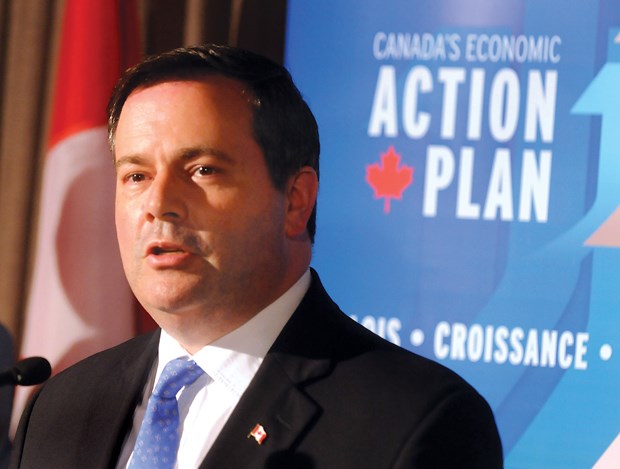The federal government pledged $3.3 million to accelerate accreditation for foreign workers in B.C. last week, much to the delight of the North Shore Multicultural Society.
New money is very welcome in addressing this lingering problem, said the society's executive director Elizabeth Jones.
The society works with a plethora of unemployed or under-employed engineers, doctors, architects, computer technicians and university professors, according to Jones. "It would be great to be able to have them be able to enter the workforce faster," Jones said.
Many foreign professionals face a myriad barriers before being able to ply their trade in Canada, according to Jones. "The regulatory bodies are very difficult to work through," she said.
Jones said she recently saw the acute challenges faced by two physiotherapists seeking accreditation.
"I've got to tell you, it's like they said, 'What barriers can we set in place?'" she said of the regulatory body.
In order to help immigrants navigate "the maze" of credential recognition, the federal government will play a facilitating role to the province, according to federal Minister of Employment Jason Kenney.
The province carries the responsibility of overseeing licensing bodies like the College of Physicians and Surgeons in B.C. or the Association of Professional Engineers and Geoscientists in B.C. The provincial government will work with stakeholders to eliminate barriers and develop online tools to let foreign-born workers learn about career opportunities.
Many immigrants spend between six and nine months sending out applications before finding an entry-level job in their field, according to Jones.
"Often the barriers are English language, age, and workplace culture," she said.
Those barriers contribute to an unemployment rate among university-educated, foreign-born Canadians, that is triple the rate for native-born university grads, according to Kenney.
"This is an unacceptable waste of human potential and talent," Kenney said.
The lack of foreign-born professionals is an ironic problem given the skills shortage faced by Canada's economy, according to Kenney. "That challenge will get only worse as our population ages and our domestic workforce shrinks," Kenney said.
The plan puts a special emphasis on 10 priority professions, including midwives, carpenters, lawyers, psychologists and electricians.
The provincial government should pay particular attention to foreign-born doctors, according to Jones.
"They're still having a terrible time finding employment," she said.



